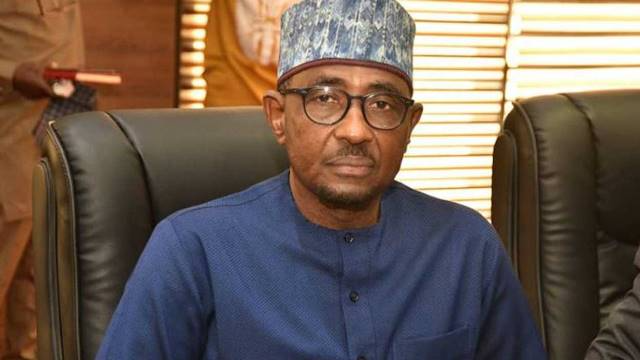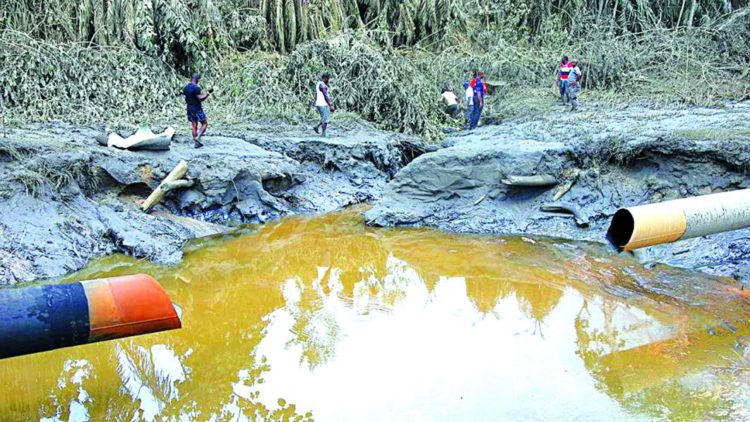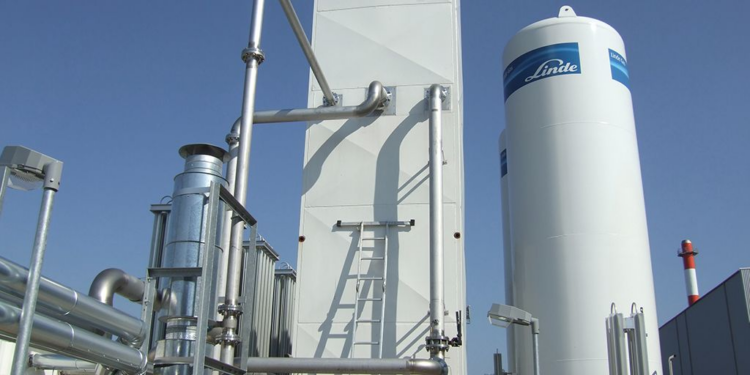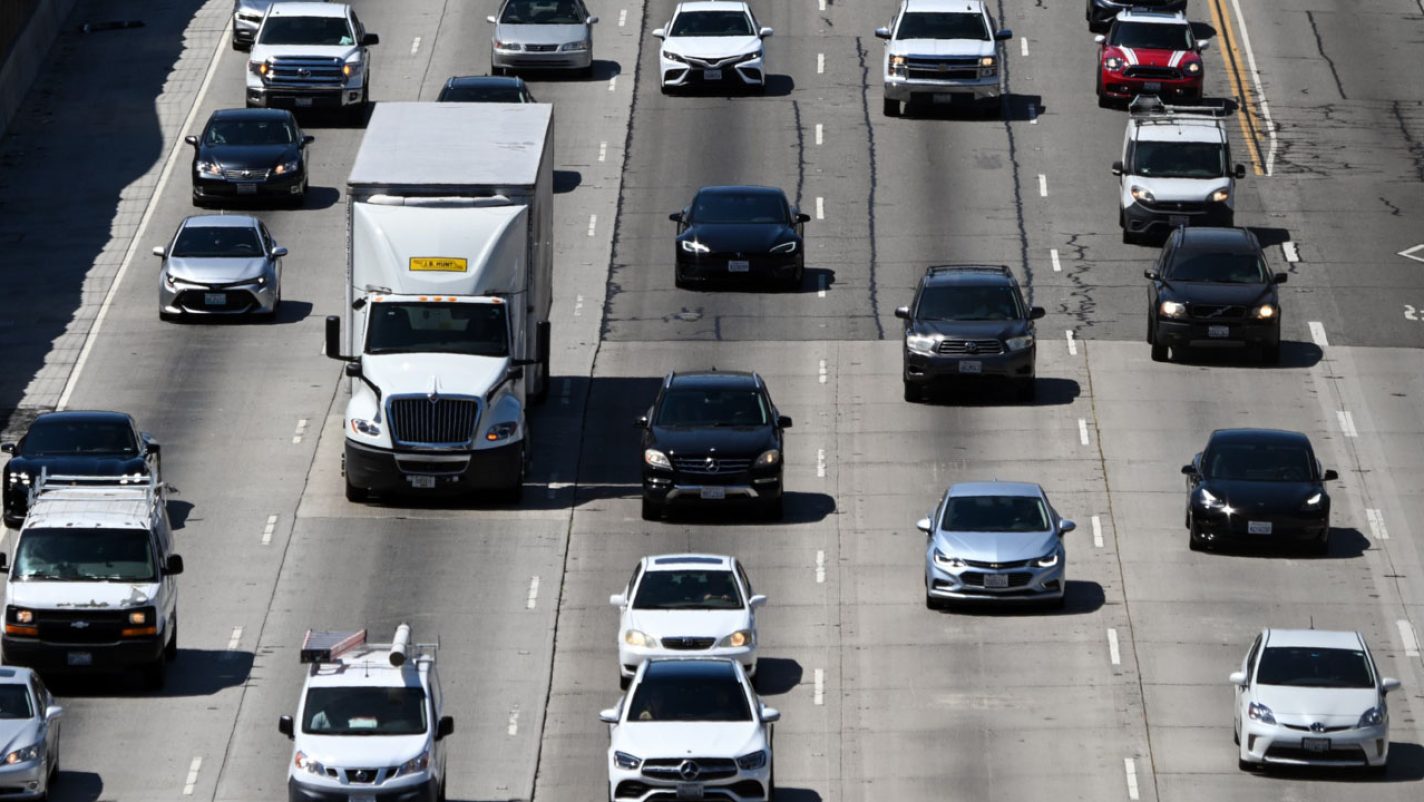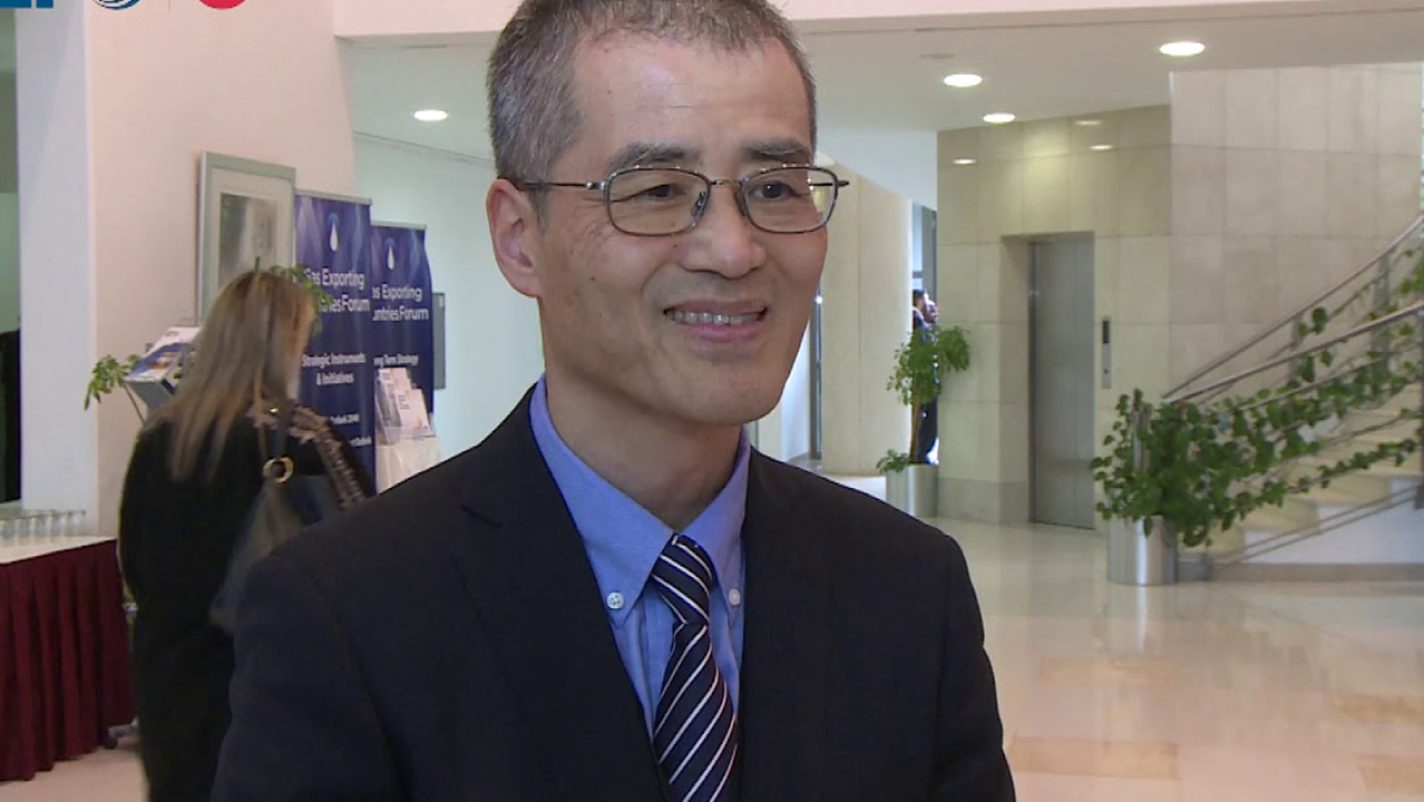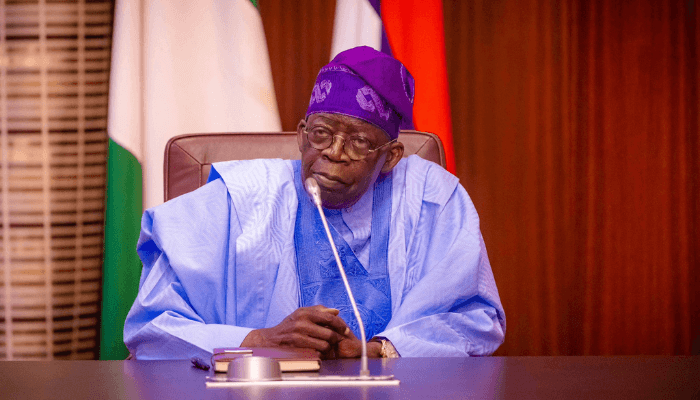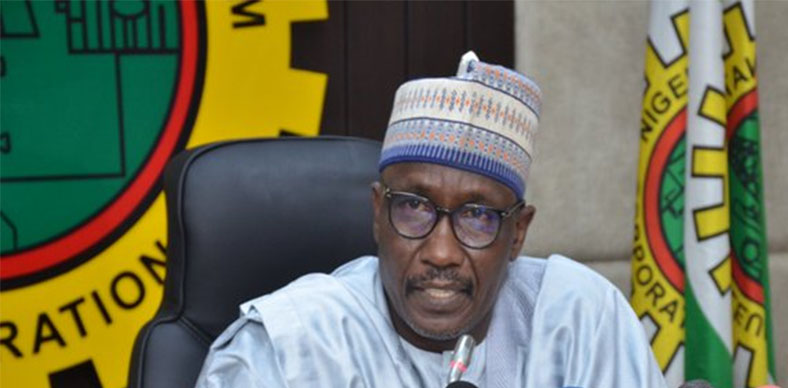The Minister of Power, Adebayo Adelabu, has unveiled a comprehensive bottom-to-top strategy aimed at addressing the long-standing challenges in the power sector.
Speaking at the Annual Roundtable organised by the Nigerian Electricity Management Services Agency (NEMSA), Adelabu outlined a transformative approach that prioritizes the needs of electricity consumers over a singular focus on power generation.
In this strategic shift, Adelabu emphasised that fostering a robust connection with electricity consumers would be pivotal in resolving liquidity issues that have plagued the sector since its privatization. By emphasizing various models for electricity generation that consumers are willing to pay for, the minister envisions a more sustainable and economically viable power sector.
While acknowledging the importance of the power generation aspect, Adelabu underscored the critical need for meticulous attention to the distribution and transmission segments. He stressed that the effectiveness of power generation is rendered futile if it does not reach end-users, comparing it to working in the dark where consumers are unaware of the ongoing efforts.
“In transforming this sector, our top agenda is a bottom-to-top approach,” Adelabu declared, signaling a shift from conventional methods. “We will start from the customers, down to the distribution infrastructure to transmission,” he explained, outlining a strategic roadmap that targets key components like transmission, distribution, and metering.
The minister emphasized the significance of infrastructure improvement and highlighted the essential role of NEMSA in providing the necessary expertise. Adelabu also pointed out that high-quality materials are pivotal in updating infrastructures to meet global standards, a task where the expertise of NEMSA becomes crucial.
With the recent electricity law designating NEMSA as the lead enforcer of statutory technical and regulatory standards, the agency’s role in ensuring the safety of lives and property within the power sector has been further solidified.
This underscores the commitment to maintaining global standards and ensuring the reliability of the power supply. Chairman of NEMSA’s Governing Board, Suleiman Yahaya, appealed for increased government funding to empower the agency in fulfilling its mandate of enforcing technical standards. He recommended that NEMSA should also explore raising charges and rates to enhance its internally generated revenues, providing a sustainable means to support the power sector.
In his remarks, Managing Director of NEMSA, Aliyu Tukur Tahir, shed light on the agency’s foundation, established by the NEMSA Act of 2015 (now the Electricity Act of 2023).
Tahir said that technical standards and regulations help to ensure that all electrical installations deployed in the NESI meet the required technical standards, regulations and specifications.
“This is to ensure that such systems are capable of delivering a safe, reliable and sustainable electricity supply as well as guaranteeing the safety of lives and property.”
Tahir said that to effectively achieve its core mandate of enforcement, NEMSA had 19 Inspectorate Field Offices (IFO), six national metre test stations, and one engineering and chemical laboratory.
According to him, those offices are manned by qualified, well-trained, skilled and well-motivated engineers, technical officers and other professionals.
The act empowers NEMSA to enforce technical standards and regulations, conduct technical inspections, and certify all categories of electrical installations.
Chairman of the House Committee on Power, Victor Okolo, emphasized the critical importance of ensuring that all electrical installations within the Nigerian Electricity Supply Industry (NESI) meet required technical standards, regulations, and specifications.
Represented by house member, Rodney Ambaiowei, Okolo pledged legislative support, assuring that NEMSA would receive adequate funding and other essential support to effectively discharge its responsibilities.
Former Chairman of NEMSA’s Governing Board, Suleman Yahaya appealed for adequate funding as he stressed on the pivotal role that good technical standards, regulations, and certification enforcement play in establishing a stable and reliable electricity market.
He underscored the necessity of a well-rounded framework, including active collaborations with the legislative and judicial arms of government, to support NEMSA’s mandate and contribute to the overall development of the power sector.”




